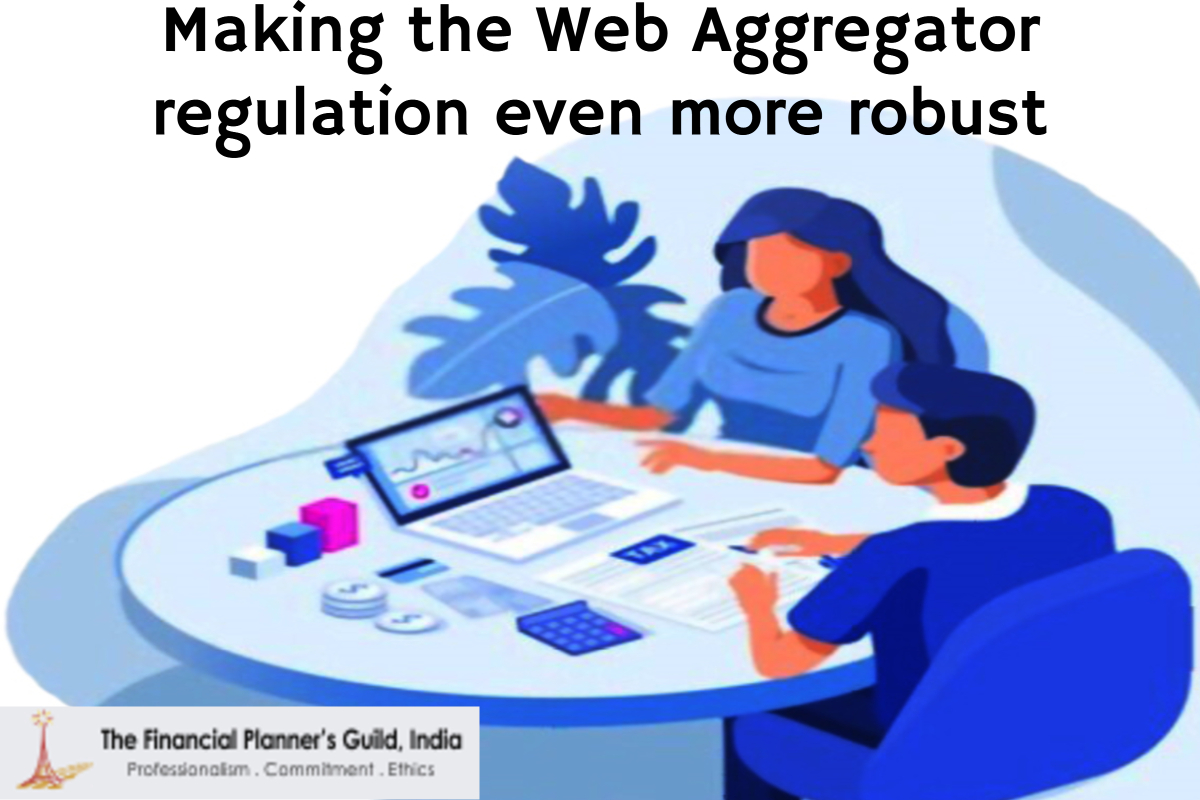
The recent Guidelines for Web Aggregators from IRDA is trying to regulate their operation and ensure that they do not in any way mislead clients or take advantage of their ignorance. Web aggregators are expected to display just factual information on the site like premium, product features, exclusions etc. They are to desist from displaying any ratings, ranking, endorsements, best sellers etc. This will ensure that they cannot promote any company’s product due to any tie-up, they have with a company.
IRDA also expressly prohibits advertisement/ sponsored content on their website. It also specifically mentions that client data can be sent only to those companies, which a client prefers. If client has no preference, the information can be transmitted to a maximum of three insurance companies or one insurance broker. It also specifies how much remuneration can be paid to a web aggregator for his services.
Some issues with this regulation : For instance, how did it arrive at the figure of Rs.10 per lead transmitted? If each of the companies that get the lead is to pay, the web aggregator would get Rs.30 for each lead. In that case, why would a web aggregator transmit to an insurance broker at all, as he can get only Rs.10, in this case. The client may not hence get quotes from insurance brokers and could be detrimental to the client’s interests.
Else, if all insurance companies together need to pay Rs.10 for a lead, the cost will be Rs.10 or Rs.5 or Rs.3.33, depending on whether the web aggregator has transmitted the leads to 1,2 or 3 companies. In this case, the aggregator & insurance company have to keep track of how much they need to pay, in every single case. This will be very tedious.
Similarly, how did the figure of Rs.1 Lakh per product, per year come up? It is understood that this is an upper limit, but is still a contrived ceiling.
What can be done specifically for the clients? I can think of two things.
Discount in premium : There is one thing missing… if web aggregator is a direct channel, where the cost of client acquisition is low, why not allow the insurance company to pass on the benefit to the clients, in the form of premium discounts? IRDA had previously worked on making ULIPs attractive for end-customers and passed an order, which came into effect in September 2010. The web aggregator channel should also be treated like a direct channel and the benefit of savings in marketing / client acquisition costs could be passed on to the client, as reduced premium. This will help in deepening the market for insurance, by making insurance products even more affordable, for clients.
Services for clients : Why not allow web aggregators to do exactly the reverse of what they are doing? They can get quotes for their clients from all insurance companies, without revealing the client identity and give the quotes and information to the client, for a fee. This is an insurance broker like service. Once the client chooses the insurer, the insurer concerned can fulfill the insurance application process. This way, the client could be insulated from unwanted calls from multiple insurers and also get quotes from all insurance companies ( and not just three ). Clients are afraid of being besieged by calls and hence many do not use the web aggregators today. This new service will change that. It will also address their grievance that their model will become unviable in the light of this regulation.
FPG India ©2024. All Rights Reserved.
Designed & Developed by W3M Technoz